
Filter News
Area of Research
News Type
News Topics
- (-) Biomedical (32)
- (-) Transportation (37)
- 3-D Printing/Advanced Manufacturing (53)
- Advanced Reactors (13)
- Artificial Intelligence (53)
- Big Data (25)
- Bioenergy (55)
- Biology (63)
- Biotechnology (10)
- Buildings (22)
- Chemical Sciences (32)
- Clean Water (14)
- Climate Change (54)
- Composites (10)
- Computer Science (97)
- Coronavirus (21)
- Critical Materials (2)
- Cybersecurity (20)
- Decarbonization (46)
- Education (1)
- Emergency (2)
- Energy Storage (43)
- Environment (114)
- Exascale Computing (26)
- Fossil Energy (4)
- Frontier (26)
- Fusion (37)
- Grid (26)
- High-Performance Computing (53)
- Hydropower (5)
- Irradiation (1)
- Isotopes (33)
- ITER (3)
- Machine Learning (23)
- Materials (71)
- Materials Science (63)
- Mathematics (5)
- Mercury (7)
- Microelectronics (2)
- Microscopy (28)
- Molten Salt (2)
- Nanotechnology (28)
- National Security (41)
- Net Zero (9)
- Neutron Science (59)
- Nuclear Energy (65)
- Partnerships (20)
- Physics (34)
- Polymers (13)
- Quantum Computing (22)
- Quantum Science (34)
- Renewable Energy (1)
- Security (13)
- Simulation (34)
- Software (1)
- Space Exploration (13)
- Summit (32)
- Sustainable Energy (51)
- Transformational Challenge Reactor (4)
Media Contacts
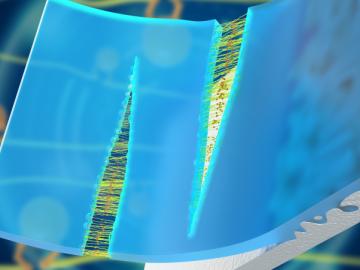
Research teams from the Department of Energy’s Oak Ridge National Laboratory and their technologies have received seven 2021 R&D 100 Awards, plus special recognition for a COVID-19-related project.

The daily traffic congestion along the streets and interstate lanes of Chattanooga could be headed the way of the horse and buggy with help from ORNL researchers.
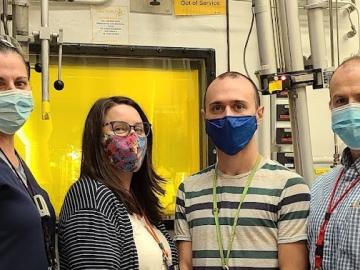
As a medical isotope, thorium-228 has a lot of potential — and Oak Ridge National Laboratory produces a lot.
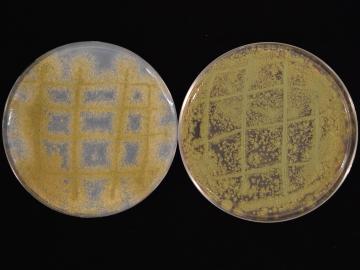
Scientists at ORNL and the University of Wisconsin–Madison have discovered that genetically distinct populations within the same species of fungi can produce unique mixes of secondary metabolites, which are organic compounds with applications in
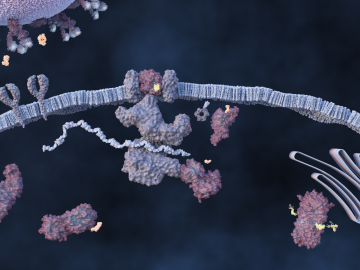
An ORNL-led team comprising researchers from multiple DOE national laboratories is using artificial intelligence and computational screening techniques – in combination with experimental validation – to identify and design five promising drug therapy approaches to target the SARS-CoV-2 virus.
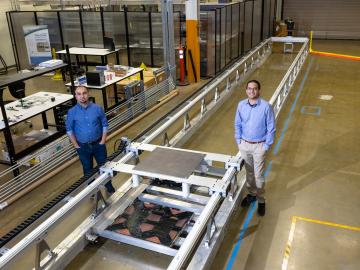
Consumer buy-in is key to the future of a decarbonized transportation sector in which electric vehicles largely replace today’s conventionally fueled cars and trucks.
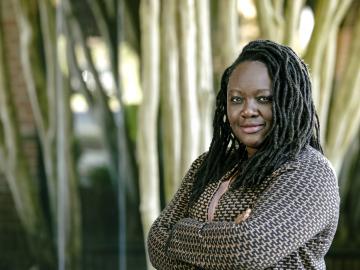
Belinda Akpa is a chemical engineer with a talent for tackling big challenges and fostering inclusivity and diversity in the next generation of scientists.

Through a consortium of Department of Energy national laboratories, ORNL scientists are applying their expertise to provide solutions that enable the commercialization of emission-free hydrogen fuel cell technology for heavy-duty
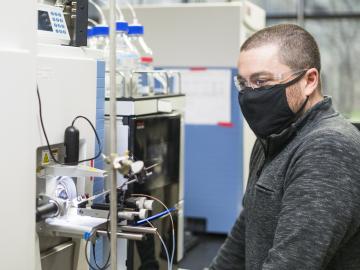
Rich Giannone uses bioanalytical mass spectrometry to examine proteins, the primary driver in biological systems.
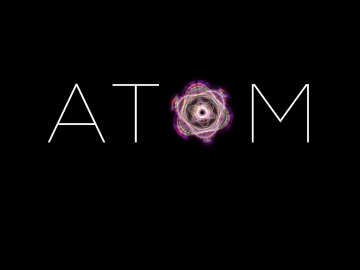
The Accelerating Therapeutics for Opportunities in Medicine , or ATOM, consortium today announced the U.S. Department of Energy’s Oak Ridge, Argonne and Brookhaven national laboratories are joining the consortium to further develop ATOM’s artificial intelligence, or AI-driven, drug discovery platform.


